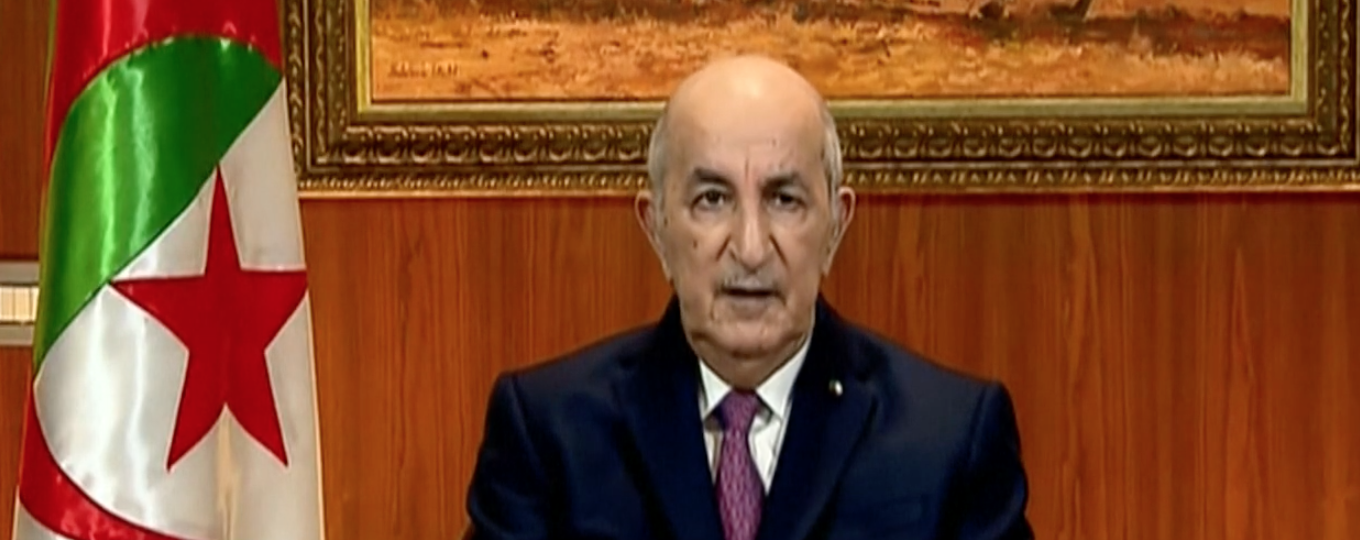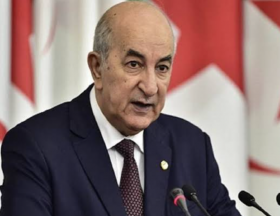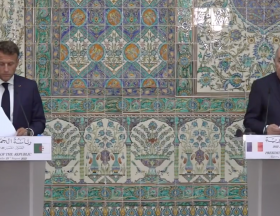The Algerian president announced at the end of July that his country was interested in joining the BRICS to "strengthen its non-aligned position" and to "protect itself from the friction between two poles".
China “welcomes” Algeria’s expressed interest in joining the BRICS group (Brazil, Russia, India, China and South Africa), Chinese news agency Xinhua reported on Sunday (September 25th), citing Chinese Foreign Minister Wang Yi.
“China supports Algeria, which currently holds the rotating presidency of the Arab League, and welcomes its willingness to join the BRICS family,” Wang Yi told Xinhua after his meeting with the Minister of Foreign Affairs. Foreign Affairs, Ramtane Lamamra, on the sidelines of the 77th session of the UN General Assembly.
The head of Chinese diplomacy also indicated that Beijing appreciated Algiers’ support for the Initiative for Global Development (IDM), proposed by Chinese President Xi Jinping in September 2021, while noting that Algeria is “a large developing country and a representative of emerging economies.
Algerian President Abdelmadjid Tebboune said at the end of July that his country was interested in joining the BRICS.
“It is possible, but let’s not anticipate. What is certain is that there will be good news. […] Algeria is interested in the BRICS, in that they constitute an economic and political power,” he said.
The Algerian leader also clarified that this “would put Algeria, a pioneering country of non-alignment, safe from the friction between two poles”.
The Chinese Ministry of Foreign Affairs announced, at the beginning of May, the start of a process of enlargement of the group of countries, known as the BRICS.
In this context, foreign ministers from several developing countries, including the United Arab Emirates, Saudi Arabia, Egypt, Kazakhstan, Indonesia, Argentina, Nigeria, Senegal and Thailand, had participated, on May 23, in a virtual conference called “BRICS Plus”, and presented by Beijing as “a new phase in the process of enlargement of the BRICS”.
At the end of June, Argentina and Iran officially submitted applications to join the coalition of five emerging countries.
Today, the BRICS group represents 42% of the planet’s population (3.2 billion people) and around 25% of the world’s gross domestic product (GDP).
The group, which created its own development bank in 2014 in an attempt to shake up the global financial architecture shaped by the Bretton Woods agreements, is striving to play a leading role in global governance.











Réagissez à cet article